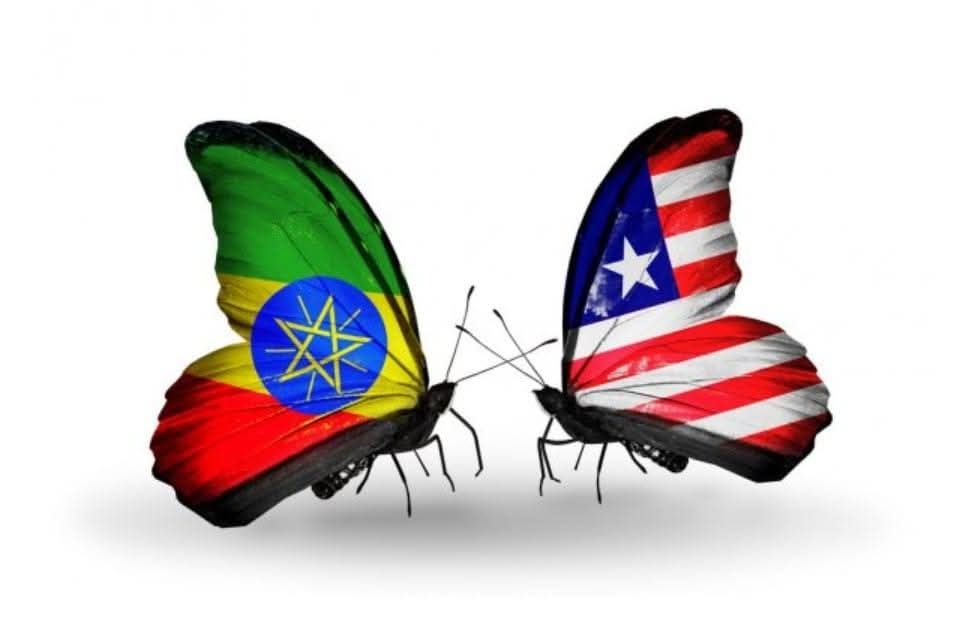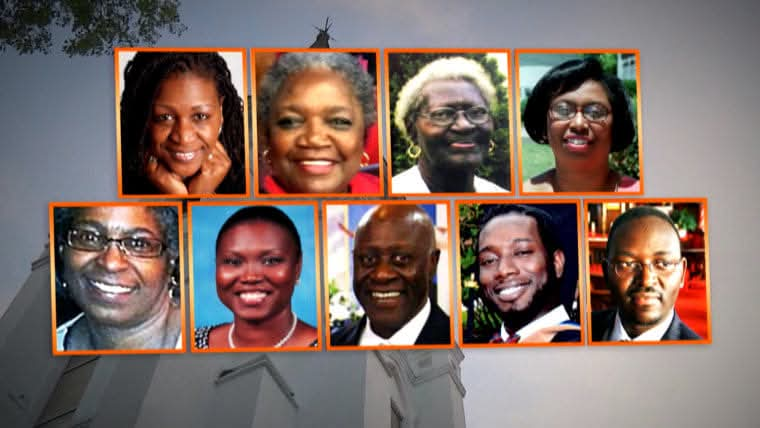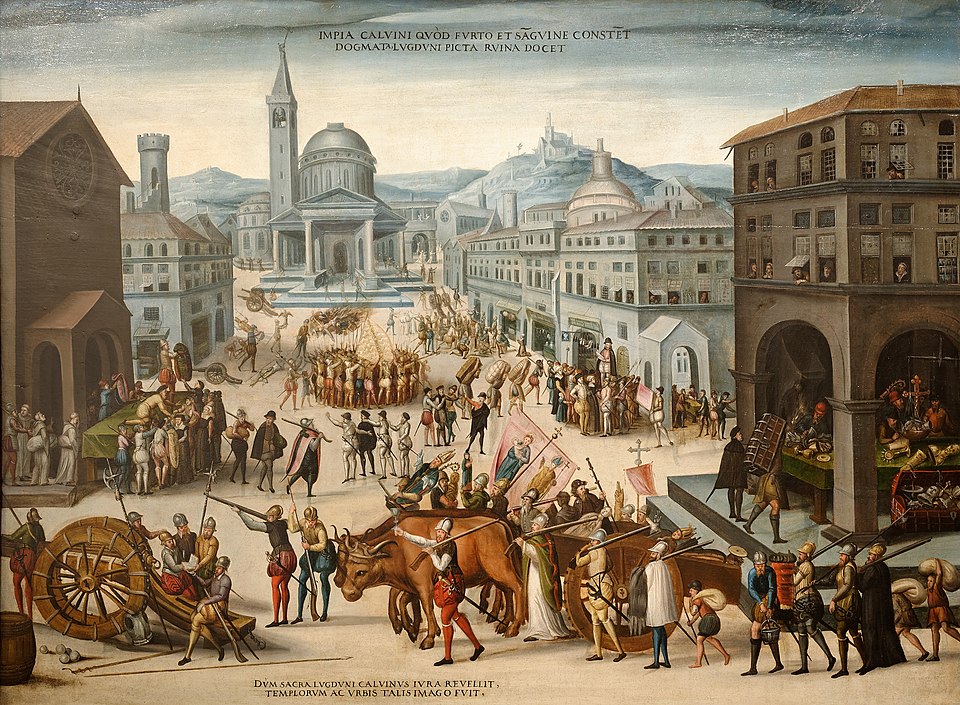THE AMERICAN REVOLUTION: How America Became the First Country to Practice Federalism

Did you know that the United States is the first federal democratic republic in world history founded on the consent of the governed after its victory in the American Revolution which lasted from 1775 to 1783?
Prior to the 1760s, British colonial authorities afforded the American colonies a relatively high level of autonomy in their internal affairs, which were locally governed by colonial legislatures. However, during the 1760s, the British Parliament passed acts that were intended to bring the American colonies under more direct rule by the British monarchy and intertwine the economies of the American colonies with Britain in ways that benefited the British monarchy and increased the colonies' dependence on it. But American colonists objected to being taxed by the British Parliament, a body in which they had no direct representation.
In 1765, the British Parliament passed the Stamp Act, which imposed taxes on official documents, newspapers, and most things printed in the colonies, leading to colonial protest and resulting in representatives from several colonies convening the Stamp Act Congress in New York City to plan a response. The British repealed the Stamp Act, alleviating tensions briefly, but they flared again in 1767 with Parliament's passage of the Townshend Acts, a group of new taxes and regulations imposed on the thirteen colonies of the America.
In an effort to quell a mounting rebellion in the colonies, which was particularly severe in the colonial-era Province of Massachusetts Bay, King George III deployed troops to Boston, resulting in the Boston Massacre on March 5, 1770. The British government then repealed most of the Townshend duties in 1770, but it retained its tax on tea in order to symbolically assert Parliament's right to tax the colonies. The thirteen colonies responded assertively, first burning the Gaspee in Rhode Island in 1772 and then launching the Boston Tea Party in Boston Harbor on December 16, 1773, which vastly escalated tensions. The British responded by closing Boston Harbor and enacting a series of punitive laws, which effectively rescinded Massachusetts' governing autonomy.
In late 1774, in support of Massachusetts, twelve of the thirteen colonies sent delegates to Philadelphia, where they formed the First Continental Congress and began coordinating resistance to Britain's colonial governance. Opponents of Britain were known as "Patriots" or "Whigs", and colonists who retained allegiance to the Crown were known as "Loyalists" or "Tories."
In early 1775, the British monarchy declared Massachusetts to be in a state of open defiance and rebellion, and it sent an order to have American patriots disarmed. On April 19, 1775, tensions between the British Army and patriot militiamen escalated to open warfare, launching the American Revolutionary War, when British troops were sent to capture a cache of military supplies and were confronted by American patriots at Lexington and Concord.
On June 14, 1775, the Second Continental Congress in Philadelphia responded by authorizing formation of the Continental Army and appointed George Washington as its commander-in-chief. In an early victory for the Americans, Washington and the Continental Army engaged British forces in the Siege of Boston, forcing them to withdraw by sea. Each of the thirteen colonies also formed their own Provincial Congress, assuming power from former British-controlled colonial governments. The Provincial Congresses suppressed Loyalists and contributed to the Continental Army. The Patriots unsuccessfully attempted to invade northeastern Quebec in an attempt to rally sympathetic colonists there during the winter of 1775–1776, but were more successful in the southwestern parts of the colony.
At Independence Hall in Philadelphia, the Second Continental Congress declared King George III a tyrant who trampled the colonists' rights as Englishmen. On July 2, 1776, the Congress passed the Lee Resolution, which declared that the colonies considered themselves "free and independent states". Two days later, on July 4, 1776, the Congress unanimously adopted the Declaration of Independence, which was principally authored by Thomas Jefferson, a member of the Committee of Five charged by Congress with its development. The Declaration of Independence embodied the political philosophies of liberalism and republicanism, rejected monarchy and aristocracy, and famously proclaimed that "all men are created equal".
In the summer of 1776, in a setback for American patriots, the British captured New York City and its strategic harbor. In September 1777, in anticipation of a coordinated attack by the British Army on the revolutionary capital of Philadelphia, the Continental Congress was forced to depart Philadelphia temporarily for Baltimore, where they continued deliberations.
In October 1777, the Continental Army experienced a significant victory, capturing British troops at the Battle of Saratoga. Following the victory in the Saratoga campaign, France then entered the war as an ally of the United States and the cause of American independence, which expanded the Revolutionary War into a global conflict.
The British Royal Navy blockaded ports and held New York City for the duration of the war, and other cities for brief periods, but failed in their effort to destroy Washington's forces. Britain's priorities shifted southward, attempting to hold the Southern states with the anticipated aid of Loyalists that never materialized. British general Charles Cornwallis captured Continental Army troops at Charleston, South Carolina in early 1780, but he failed to enlist enough volunteers from Loyalist civilians to take effective control of the territory. A combined American and French force captured Cornwallis' army at Yorktown in the fall of 1781, effectively securing an American victory and end to the war.
On September 3, 1783, the British signed the Treaty of Paris in which they acknowledged the independence and sovereignty of the thirteen colonies, and led to the formation of the United States, which took possession of nearly all the territory east of the Mississippi River and south of the Great Lakes, including southern Canada, while the British retained control of northern Canada, and French ally Spain took back Florida.
Among the significant results of the American victory were American independence and the end of British mercantilism in America, opening up worldwide trade for the United States, including a resumption of it with Britain. Around 60,000 Loyalists migrated to other British territories in Canada and elsewhere, but the great majority remained in the United States.
In 1787, at the Congress of the Confederation in Philadelphia, American delegates authorized, and states then ratified the United States Constitution, which took effect March 4, 1789 and replaced the weaker wartime Articles of Confederation. It provided for a relatively strong national government structured as a federal republic, including an elected executive, a national judiciary, and an elected bicameral Congress representing states in the Senate and the population in the House of Representatives.
With its victory in the American Revolution, the United States became the first federal democratic republic in world history founded on the consent of the governed. In 1791, a Bill of Rights was ratified as the first ten amendments, guaranteeing fundamental rights used as justification for the revolution. Subsequent amendments, including the Reconstruction Amendments, the Nineteenth Amendment, and others, extended those rights to ever greater categories of citizens.
The American Revolution was thus an ideological and political revolution based on the principles of the American Enlightenment that generally occurred in British America between 1765 and 1789. It created the environment for the American Revolutionary War, which lasted from 1775 to 1783.
Source: Wikipedia



